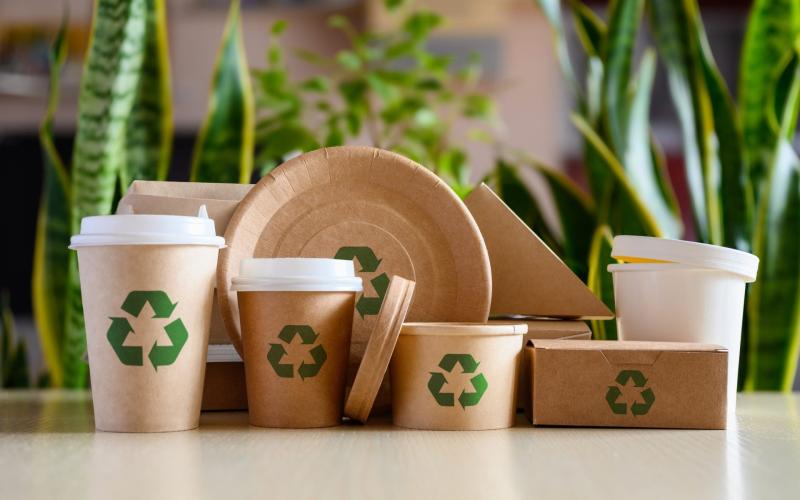Take Action
What You can do to Help:
What you can do to help the oceans:
Water conservation:
When every person does everyday things like taking showers/baths, washing clothes, flushing the toilet, and drinking water everyday, the wasted water accumulates to insanely large amounts. According to studies, approximately 30% of water humans use is wasted, with 80% of that wasted water going back into the ecosystem unfiltered. If all as a team try to minimize the amount of wasted water as much as possible, we can minimize the damaging runoff which goes into our oceans and freshwater bodies.
Pollutants:
This is something often overlooked, that we all find ourselves doing more than occasionally. Commonly used pollutants, like spray on sunscreens, pesticides, and cleaning products, are detrimental to the coral reefs, as toxic chemicals can cause stress, and result in coral bleaching. They are also toxic for other marine creatures to ingest. If we all switch to safer options such as mineral based sunscreen, or cleaning products with biodegradable ingredients, we can make a huge difference.
Waste expenditure:
Please, please cut down on the amount of water you throw away, ESPECIALLY plastic. An estimation of the amount of plastic tells us there are around 171 trillion articles of plastic sitting in the ocean, (or around 150 million tons), with 8-10 million tons of plastic waste being dispensed into the ocean each year. Eighty percent of ocean pollution is made up of plastic. Often, the toxic waste from plastic pollution is released into the ocean , which is bad for marine life when ingested.
Stop buying plastic water bottles, containers, bags, utensils and straws, and switch to biodegradable options like paper bags/straws.
Cut down on falling victim to the fast fashion trends. All the clothing you throw away is dumped on small islands, where the chemical runoff seeps into the air and the ocean.
Every year, around 60 billion articles of clothing are wasted, most of which will take over 200 years to degrade.
Choose seafood which is sustainable, and not overfished.
Volunteer work:
Sign up to volunteer for local cleanups of the beach, or rivers near you. This is a great way to get volunteer hours in, and step up to be the change.
